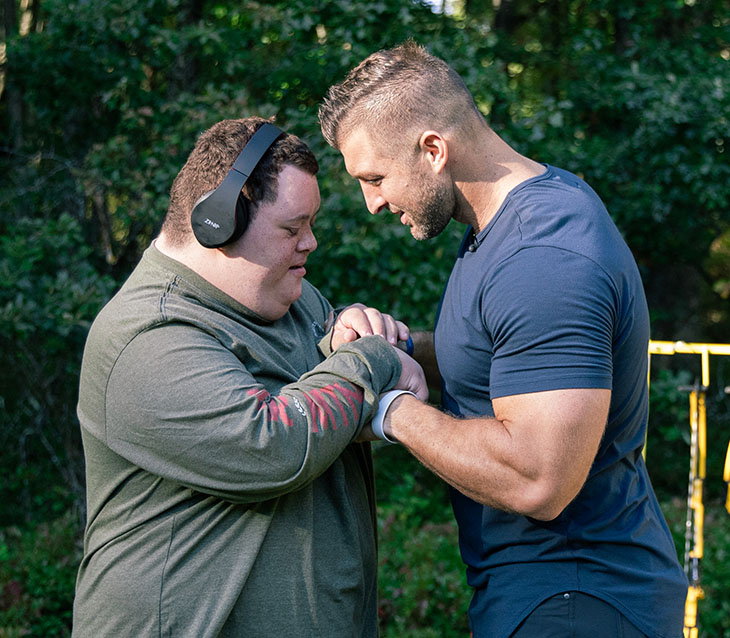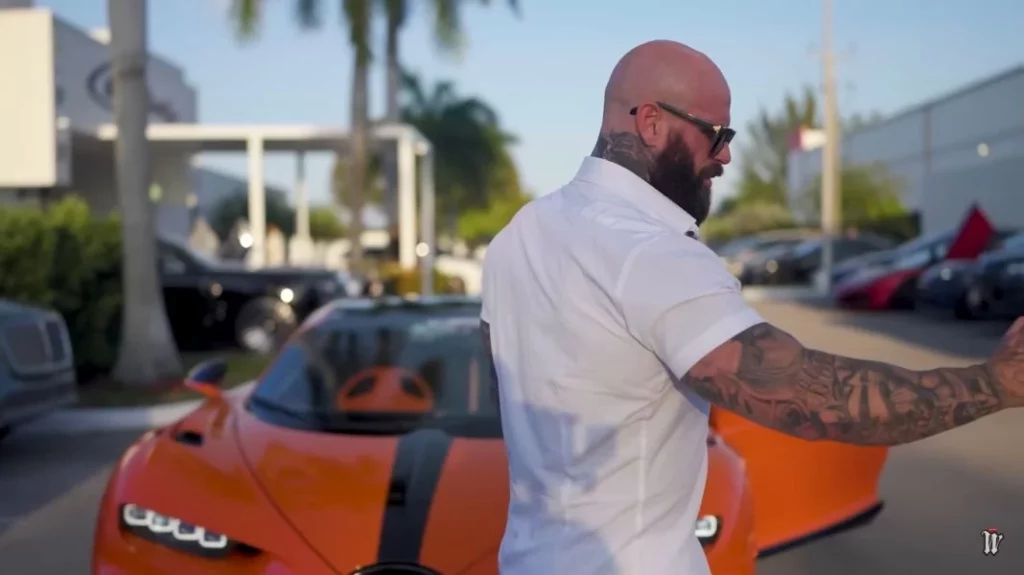
If you thought MVP meant Most Valuable Player, you would be wrong. When Tim Tebow uses MVP, he means Most Vulnerable Person.
Years ago I was able to hear Pam Tebow speaking at a fall fundraiser for AbbaCare Crisis Pregnancy Center in Winchester, Virginia. This connection has prompted me enjoy a glimpse or two of what her son Tim Tebow is up to. Pam was encouraged to abort him, and told her story at that fall fundraiser. Knowing that Tim’s life was disposable, and seeing how he has such a heart for the Lord is inspirational!
During his college years, he played football and won the Heisman trophy as an undergrad. Tim’s life has been full of changes and pivoting. He had planned to play NFL football for years but God had other plans for his life. After playing in the NFL for several years, he played professional baseball for a time, and was a college football analyst with ESPN. He was well known for his Christian faith and his willingness to be unashamed to be a witness for it both on and off the field.
Please read Tim’s story ! Tim’s love for the Lord drives him. He has been through a lot after college in terms of a hopeful career in football that never transpired as he thought it would. (A Romans 8:28 example to be sure.) However, Tim not getting discouraged or down caused more good to so many. He took the focus away from his own disappointments in life and focused on others, the MVP’s, with an entrepreneurial idea!
He began an organization called the Tim Tebow Foundation in 2010. His founding of the Tim Tebow Foundation has giving hope to so many people. The TTF’s mission is:
“Our Mission is to bring Faith, Hope and Love to those needing a brighter day in their darkest hour of need.”
The TTF accomplishes this in many ways. They have worked in over 86 countries. They are involved in caring for orphans, saving children from trafficking and also helping children with disabilities. One wonderful event is called Night to Shine. This entrepreneurial event is hosted by volunteer churches. “Night to Shine” is for people over the age of 14 who have disabilities. From the website “Night to Shine is an unforgettable celebration event, centered on God’s love, honoring and valuing people with special needs.”
When we go through rough times in life, so often we tend to feel sorry for ourselves and can easily give in to despair. Tim Tebow is a good example for everyone, in that when things didn’t work out like he dreamed they would, he took the focus off of himself and served others!








